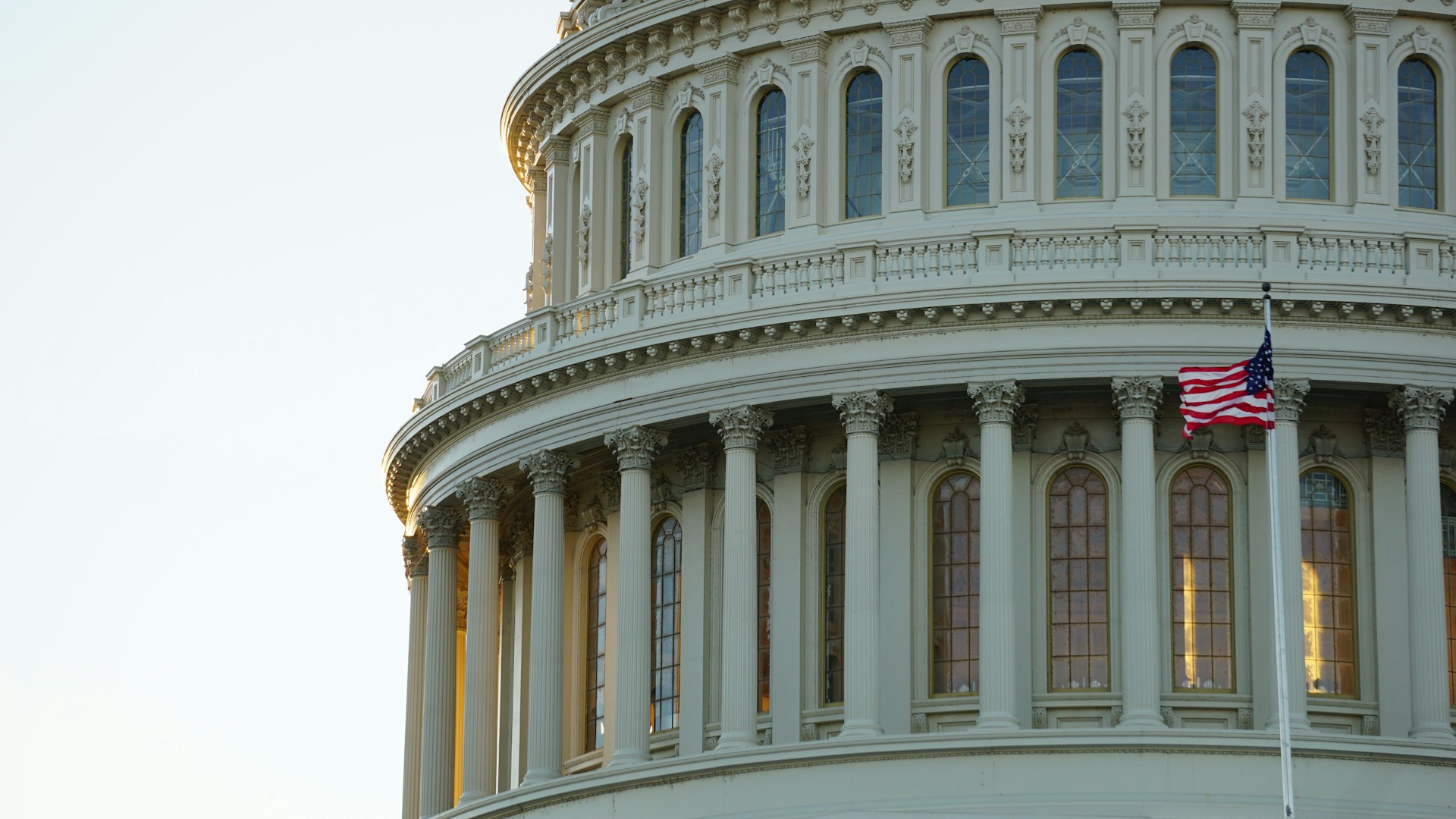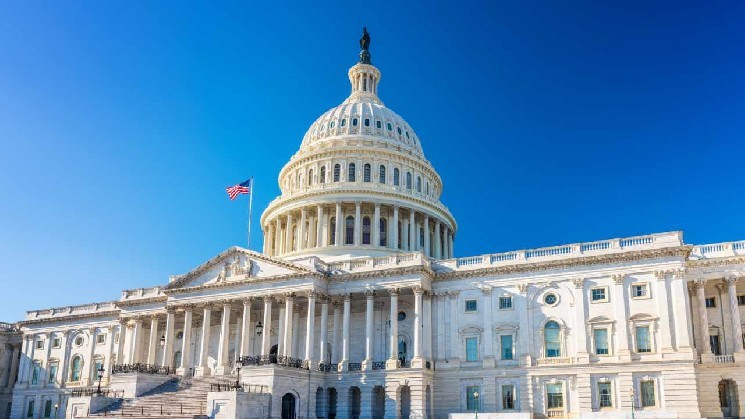SEC's Paul Atkins Advocates for Rational Crypto Regulation and Rulemaking

Paul Atkins, the newly confirmed Chairman of the U.S. Securities and Exchange Commission (SEC), is championing a significant shift in the agency's approach to cryptocurrency regulation. He advocates for a "rational regulatory framework" that emphasizes clarity, rulemaking, and transparency, marking a departure from previous enforcement-heavy tactics. Atkins' vision, vocalized since his confirmation in April 2025, aims to foster innovation within the crypto industry while steadfastly upholding investor protection and market integrity.
Central to Atkins' philosophy is the implementation of "clear rules of the road" for the digital asset space. He has repeatedly stated, “Clear rules of the road are necessary for investor protection against fraud—not the least to help them identify scams that do not comport with the law.” This approach prioritizes “notice and comment rulemaking” over “regulation-by-enforcement,” a method Atkins believes will provide market participants with the necessary clarity to operate confidently and innovate responsibly. This contrasts sharply with the tenure of his predecessor, Gary Gensler, which was characterized by aggressive enforcement actions that drew criticism from many in the crypto sector. Atkins' stance is designed to reduce regulatory ambiguity, which has been cited as a hindrance to growth and a source of uncertainty for the industry.
To achieve this new regulatory environment, Atkins has outlined plans to modernize the existing framework. This includes providing clear definitions for digital assets and simplifying the registration process for crypto-related businesses. A strong emphasis is also placed on investor education, ensuring that individuals understand both the risks and opportunities associated with digital assets. Complementing this educational drive, the SEC has recently drafted measures targeting misleading crypto "educational" events, hidden influencer promotions, and indirect marketing schemes to protect investors from deceptive practices.
Under Atkins' leadership, the SEC is leveraging initiatives like its Crypto Task Force and upcoming DeFi roundtables to engage with the industry and inform its rulemaking process. These efforts were highlighted during events such as the SEC's crypto task force roundtable on April 25, 2025. Since taking office, and even during the interim leadership of Mark Uyeda, the SEC has reportedly dropped several high-profile lawsuits against crypto firms and issued guidance clarifying that certain crypto activities, such as specific staking operations, may be exempt from securities laws. This pragmatic approach aims to reduce legal uncertainty and encourage compliance within a cooperative regulatory environment.
Atkins' tenure begins at a pivotal moment, with Congress actively debating the future of crypto regulation. A significant legislative proposal, the CLARITY Act, has been introduced, which seeks to amend securities laws to exempt many digital assets from SEC oversight and establish a new, dedicated legal framework. Proponents, like Rep. Bryan Steil (R-WI), argue that “Our bill secures American dominance, democratizes digital assets, unleashes innovation, and protects consumers from fraud.” However, some, including Democratic staffers on the House Financial Services Committee, have raised concerns about potential regulatory gaps and have criticized the SEC for allegedly withholding an impact analysis of the bill. Atkins has acknowledged this evolving legislative landscape, reiterating the SEC's commitment to fostering innovation while navigating these changes.
Despite the shift towards a more rulemaking-centric approach, Atkins has consistently underscored that investor protection remains a paramount concern for the SEC. The goal is to achieve this protection through transparent policymaking rather than solely through enforcement. By fostering a rational and transparent regulatory environment, the SEC under Atkins aims to boost investor confidence, promote the responsible growth of the crypto market, and support the maturation of digital asset markets. As Atkins testified before the Senate Appropriations Subcommittee on Financial Services and General Government, he anticipates that market innovation will bring benefits such as “efficiency, cost reduction, transparency, and risk mitigation.”
In conclusion, Paul Atkins' leadership at the SEC signals a transformative period for cryptocurrency regulation in the United States. His commitment to prioritizing clear rules, transparent policymaking, and constructive engagement with the industry, all while maintaining a strong focus on investor protection, is set to critically shape the future of digital assets and their integration into the broader financial system. Market participants and stakeholders are encouraged to stay informed of these ongoing developments to effectively navigate this dynamic environment.










